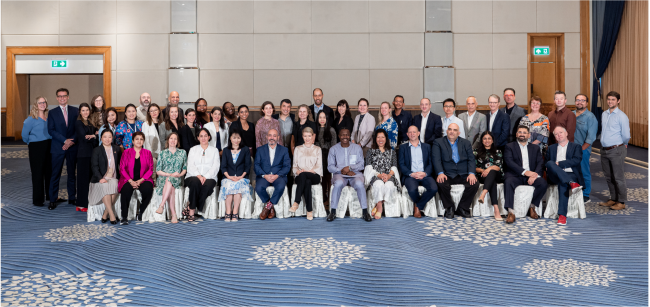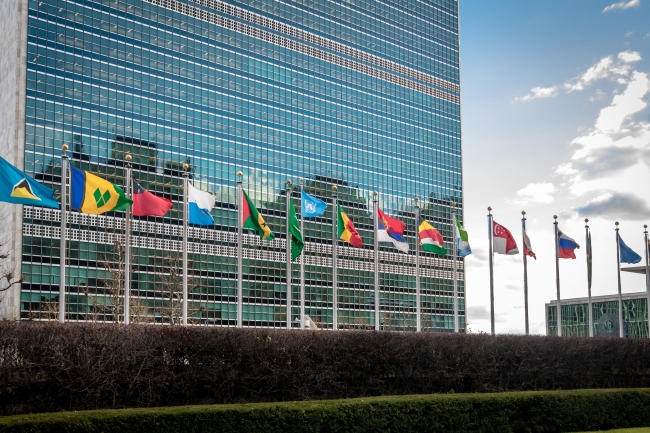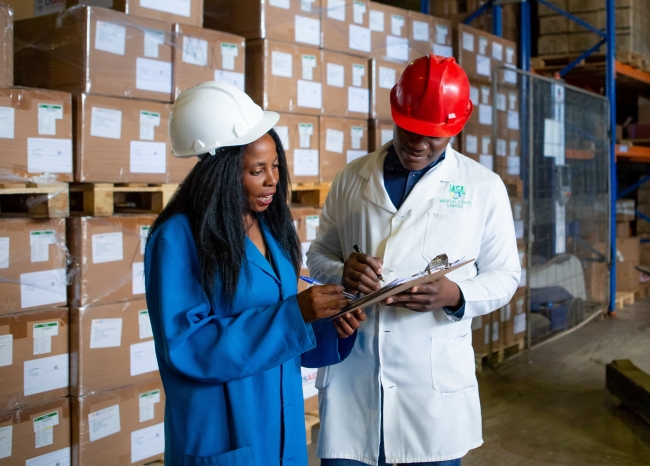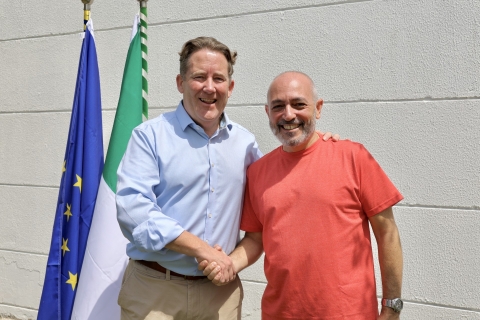Amid Nigeria's heavy reliance on oil revenue, Tax Inspectors Without Borders (TIWB), along with the Africa Tax Administration Forum (ATAF) have launched a new technical assistance programme to bolster the country's tax enforcement efforts against profit shifting by multinationals.
Transforming Nigeria’s Tax Landscape: Tackling Transfer Pricing in the Oil & Gas Sector
14 NOVEMBER, 2024

Nigeria’s Tax Challenges: A Focus on Oil and Gas
Nigeria’s tax system plays a pivotal role in its economic development, with the oil and gas sector serving as a primary revenue source. However, optimizing tax collection, especially from Multinational Enterprises (MNEs) operating in the sector, remains a significant challenge. One key issue is transfer mis-pricing—where MNEs shift profits across borders to lower tax jurisdictions with the goal of minimizing tax liability. These tax planning schemes disproportionately affect developing countries like Nigeria negatively, as they lead to the erosion of the country's tax base.
The oil and gas sector contributes about 65 percent of government revenue and over 90 percent of foreign exchange earnings, but this heavy reliance exposes the country to risks like fluctuating oil prices and security-related production declines. Tax avoidance strategies and regulatory inefficiencies further complicate efforts to tax MNEs effectively.
Nigeria’s Federal Inland Revenue Service (FIRS) has introduced measures like the 2018 Transfer Pricing Regulations, aligned with OECD guidelines, to address profit shifting. These regulations ensure that MNEs conduct intra-group transactions at arm's length, which is critical in the oil and gas sector. Additionally, tools like Country-by-Country Reporting (CbCR) and Advance Pricing Agreements (APAs) help monitor global profit allocation and reduce transfer pricing disputes.
Despite these efforts, Nigeria loses an estimated US$15-20 billion annually, mostly from the oil and gas sector, due to tax evasion and avoidance.
Key Insights from TIWB’s Transfer Pricing Technical Assistance Programme
To strengthen Nigeria’s capacity to address these challenges, Tax Inspectors Without Borders (TIWB), a joint OECD-UNDP initiative, launched a new programme on 17 September 2024 in Lagos, Nigeria. The initial mission to Lagos attracted around 100 participants from the Federal Inland Revenue Service (FIRS) International Tax Department, representing a diverse range of expertise levels. The event focused on equipping tax officials with practical skills for conducting effective transfer pricing audits in the complex oil and gas sector.
Ms. Kalale Mambwe, TIWB Project Manager at the OECD, commended the FIRS management for their presence at the launch, highlighting their support as a clear sign of commitment to the TIWB/ATAF programme’s success. She emphasized that such high-level backing is crucial for the programme’s ongoing effectiveness.
A central theme during the opening discussions was preventing brain drain. It was emphasized that continuously investing in the professional growth of tax officials and maintaining an effective succession plan are critical for sustained capacity building. This approach helps Nigeria retain skilled personnel, which is crucial for developing a resilient tax administration capable of addressing the evolving challenges posed by global MNEs.
Mr. Moses Chimisa, ATAF’s Country Programmes Specialist, further reinforced ATAF’s ongoing commitment to supporting Nigeria’s tax administration through the TIWB/ATAF initiative, underscoring the importance of international collaboration.
Led by Betty Ahwera and Nyah Zebong, experts from the ATAF, the sessions featured interactive case studies, group discussions, and real-case examples. The aim was to build long-term capacity within Nigeria’s tax administration by training officials in auditing intra-group transactions and evaluating pricing arrangements between related parties.
Practical exercises during the sessions ensured that participants could apply the theory to real-world audits, helping to safeguard Nigeria’s tax base. Saied Sulaiman, Regional Specialist for the UNDP Tax for SDGs Initiative, emphasized the event’s significance, stating: “Through the TIWB Oil and Gas TP Audit programme, we are equipping tax authorities with the skills to ensure fairness and integrity in resource management, paving the way for sustainable development and economic growth.”
Way forward
The new TIWB transfer pricing audit programme is an indication of Nigeria’s continuous commitment to strengthen tax administration in the oil and gas sector. As the initiative continues through 2025 with the support of the INFF -EU facility, the focus on local expertise and capacity building will have long-term benefits for Nigeria’s tax governance.
With ongoing support from UNDP, OECD, and ATAF, Nigeria is well-positioned to enhance its tax administration, effectively address transfer pricing abuses, and navigate the complexities of global trade and taxation.











